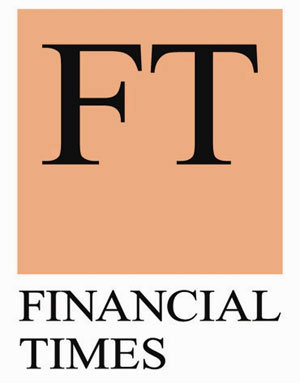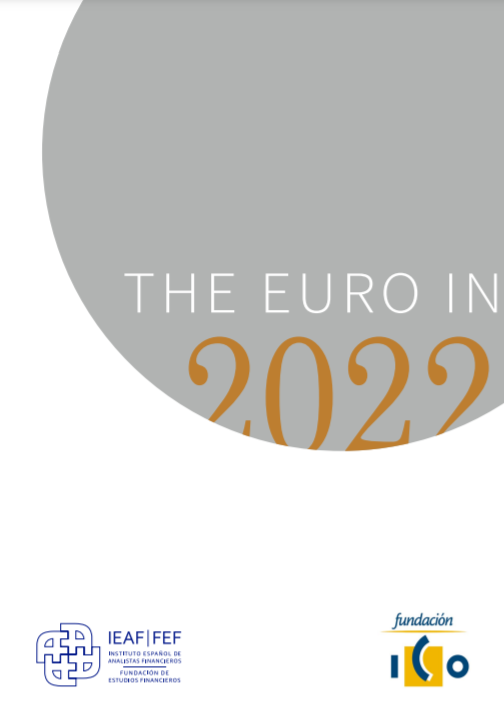Opinion
A Jamaican Germany is good for Europe
After a surprising election result, Europe is closely watching German coalition negotiations. A so-called Jamaica coalition of conservatives, liberals and greens is the most likely outcome, but many fear this will be bad for the EU and the Eurozone. Not so, argues Guntram Wolff. In fact, a shift to Jamaica could be good news for Europe.
This piece was originally published in Financial times

European eyes are now on the German coalition negotiations. Last weekend’s election saw support for the two mainstream parties fall and a breakthrough for the far right Alternative for Germany. Many observers worry that an unstable coalition, or too much power to the liberal but increasingly euro-critical Free Democrats, could be dangerous for the EU and the eurozone. Actually, the most likely government, a so-called Jamaica coalition of chancellor Angela Merkel’s Christian Democrats with the FDP and Greens, could bring some good news for the eurozone.
The main reason is that a Jamaica coalition — named for the colours of the parties, which match those of that country’s flag — would maintain European economic policies largely indistinguishable from the present government, while possibly bringing substantial changes to domestic policy that would support growth and investment in Germany and abroad.
A four-party coalition could be a catalyst for significant economic reforms that will trigger growth and investment
True, the FDP has announced that it would like to see countries held more strictly to the EU’s stability and growth pact. And this pact has, in the eyes of many, been the cause of Europe’s recession. But the FDP’s position is exactly the same as that of Wolfgang Schäuble, Germany’s departing finance minister. Mr Schäuble has been a fiscal hawk at home and in Europe, and is known to be one of the fiercest critics of the European Commission’s flexible approach to budget rules. Things are unlikely to change, even if the FDP takes over the finance ministry.
The FDP has also been sceptical about the idea of a large eurozone budget, which Euro-federalists hoped to create during a short “window of opportunity” after the German election. But a large common budget was never a realistic proposition, while a small one could have been politically possible but economically irrelevant. Even with a CDU-SPD grand coalition governing with a large majority for the past four years, Germany was not willing to provide ample tax funding to help ailing eurozone countries. In fact, a majority of Germans are opposed to transfers and doubt the effectiveness of a common budget in managing a eurozone fiscal stance.
Regarding debt relief for Greece, the FDP has declared that this is only possible if Greece leaves the euro. But so has Mr Schäuble. So, once again, views on the eurozone will stay the same, even with the FDP in government.
A Jamaica coalition would not be a Eurosceptic government. All three parties are EU supporters. The Greens are positively Europhiliac. A Jamaican Germany would be open to compromises with France and I would expect gradual progress towards greater fiscal integration — but only if it is combined with greater budgetary responsibility from member states.
A Jamaica coalition would also be open to many of the points President Emmanuel Macron of France raised in his speech on Tuesday, such as greater defence and security co-operation, a common migration policy and enhanced collaboration in research and university exchanges. It could even be possible to agree on a transnational list for the next European Parliament to strengthen European democracy, an idea that pleases both the FDP and the Greens. None of this will be easy, but President Macron is right to demand progress and compromise.
Nevertheless, the real benefit for Europe of a Jamaica coalition might actually be in German domestic economic policy. Both the Greens and the FDP have been campaigning strongly on issues that would transform the national economy, such as upgrading the digital strategy, advancing climate mitigation, liberalising services, improving education, increasing female labour force participation and cutting taxes to boost investment.
A Jamaica coalition could thus be a catalyst for significant economic reforms that will trigger growth and investment in Germany. This would support demand in the wider eurozone economy and reduce Germany’s large current account surplus. That would mark a significant break from the inaction of the current government on all domestic economic policy challenges.
The key to a Jamaica coalition’s success will be to distribute responsibilities so that each party’s key campaign promises will be turned into policies. That would mean empowering the FDP to liberalise services, promoting digitalisation and cutting taxes, while putting the Greens in charge of climate, environmental and gender policy.
Meanwhile, Ms Merkel’s CDU and its Bavarian allies, the Christian Social Union, would need to focus on migration and internal security and pursue a conservative course in order to take the wind out of the sails of the AfD.
However, despite the opportunities, there is a substantial risk that views within a Jamaica coalition are so different that any initiative will be blocked by the partners. Ms Merkel will need all her political skill to hold the coalition together and drive change in Germany and Europe.
Republishing and referencing
Bruegel considers itself a public good and takes no institutional standpoint.
Due to copyright agreements we ask that you kindly email request to republish opinions that have appeared in print to [email protected].













